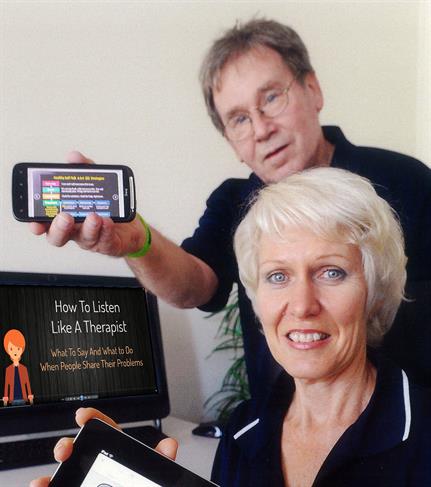Compassion Fatigue
"If you are regularly listening to other people's problems, you risk becoming overwhelmed and exhausted"
If you work in a professional setting that deals with other people’s trauma day in and day out you may experience the physical, emotional, and psychological impact of helping others — compassion fatigue.
Trained therapists know how to listen and respond in a way that reduces their risk of becoming emotionally engaged and negatively affected by clients issues.
Telephone Counsellors are trained to handle listening to problems without it causing them emotional distress and disturbed sleep.
Because you and your staff are also listening to people's problems on a daily basis, we are offering the same
training in the form of a simple, no jargon 10 minute YouTube video and some group discussion.

